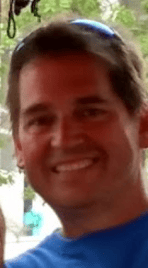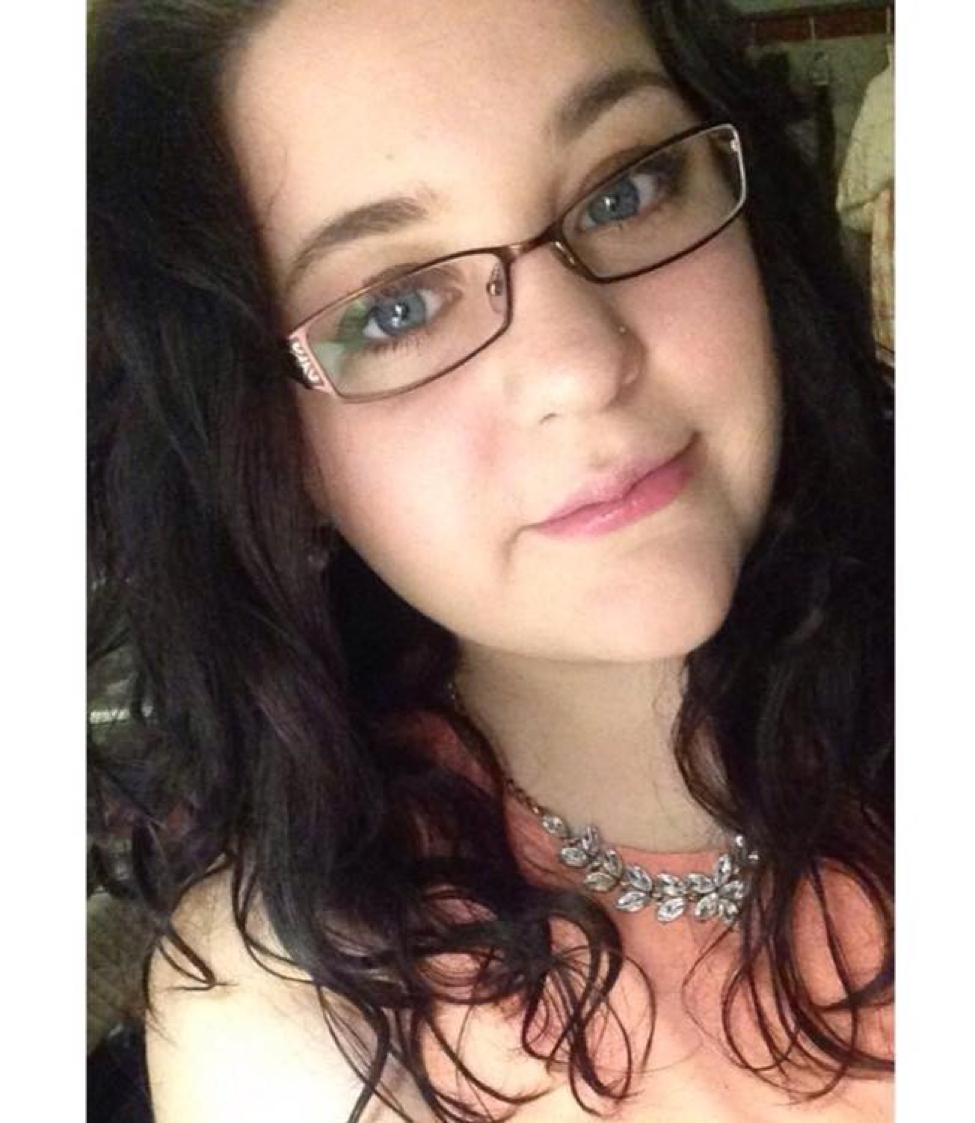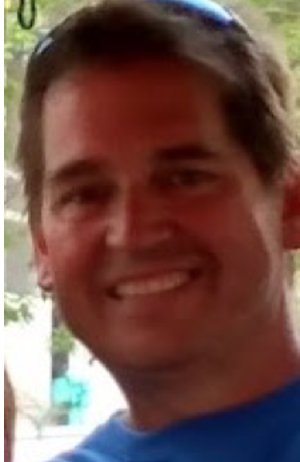Interviews from the Field: Timothy Jepson
Timothy Jepson teaches chemistry to sophomores at Triton Regional High School in Byfield, Massachusetts. Although he teaches general education, it is imperative that he make accommodations within his classroom for students who have special needs. Additionally, Timothy has a strong belief that high-stakes testing can interfere with the quality of education. Throughout our conversation, Timothy provided excellent insight into being a general education teacher, providing accommodations for students with special needs, and advice for aspiring teachers.
 In addition to his work as a chemistry teacher, Timothy is the Treasurer of the Amesbury Special Education Parent Advisory Council (SEPAC). This organization consists of members of the community who are committed to providing up to date resources, laws, regulations and activities for students with special needs. The organization also strives to promote understanding, respect and appropriate education for all children with special needs. In addition to his involvement in his local SEPAC, Timothy has a step-daughter with special needs. Therefore, he has many insights into special education. Timothy graduated from Assumption College in 1986 with a degree in chemistry. The following fall, he took his first teaching job at Mount Saint Joseph’s Academy in Brighton, Massachusetts, where he taught chemistry and biology. Timothy then worked in industry for seventeen years, before returning to the classroom at Lawrence High school in Massachusetts in 2004. Following that experience, he moved to Triton Regional High School where he has been teaching Chemistry since. In 2010 he earned his master’s degree from Salem State University, although he does not recommend waiting 20 years between getting degrees.
In addition to his work as a chemistry teacher, Timothy is the Treasurer of the Amesbury Special Education Parent Advisory Council (SEPAC). This organization consists of members of the community who are committed to providing up to date resources, laws, regulations and activities for students with special needs. The organization also strives to promote understanding, respect and appropriate education for all children with special needs. In addition to his involvement in his local SEPAC, Timothy has a step-daughter with special needs. Therefore, he has many insights into special education. Timothy graduated from Assumption College in 1986 with a degree in chemistry. The following fall, he took his first teaching job at Mount Saint Joseph’s Academy in Brighton, Massachusetts, where he taught chemistry and biology. Timothy then worked in industry for seventeen years, before returning to the classroom at Lawrence High school in Massachusetts in 2004. Following that experience, he moved to Triton Regional High School where he has been teaching Chemistry since. In 2010 he earned his master’s degree from Salem State University, although he does not recommend waiting 20 years between getting degrees.
Q: What made you decide to be a high school teacher? Did you always want to be a teacher?
A: My family is made up of educators. My parents are both retired teachers, all of my brothers were or are math teachers, and my sister was a teacher too. I had started out as a pre-med major in college, but after having a chemistry professor I liked, and a biology professor I didn’t, chemistry became my love. I guess deep down inside, I always wanted to be a teacher.
Q: Is there any one moment with a child during your time as a teacher that has stuck with you?
A: Yes. I had a male student a few years back who brought it upon himself to befriend and look after a female classmate who had a rough home life. They weren’t romantically involved, just friends. When it came time to make lab groups, this student came to me and said, “Make sure that so-an-so is in my group.” It was a demand, yes, but he demanded it in such a way that he wanted to make sure she was ok, protected so to say. When I think about why he said it and the way he did, I get emotional.
Q: How do you make accommodations for students that have special needs in your classroom?
A: Each student is different and each student’s IEP demands certain things. But in general, my classroom is very special education friendly in ways such as limited work. For example, only four practice problems tell me what I need to know, instead of ten. I also offer limited homework, and working in small group settings.
Q: What do you view as the biggest challenge for this age group in terms of students with special needs?
A: I think the biggest challenge for students with special needs at the high school level has to do with pacing and attention span. Many students with special needs have a limited attention span-trying harder for longer periods of time is not just difficult, but counterproductive. I try to give students who are obviously falling behind a lighter workload.
Q: Do you have experience with students who have autism in your classroom? How did you make accommodations to best fit their needs?
A: Over my years as a teacher, I have had two students with autism. The two students were very different. Both had one thing in common, both were very smart and found the work easy. One was my second year at Triton, so I don’t remember him well, but the one I had most recently was very much into routines, so I made sure his routine was kept constant. If it wasn’t, I allowed him to go to his favorite special education liaison’s room. I did not, however, let him off the hook. He could be very disrespectful if out of routine, and I would call him out on the disrespect as I would with any other student.
Q: Do you have any experience with children that have special needs outside of the classroom? Have you had any insights into the special education field through them?
A: In 2014 I married a woman who has a daughter with Kabuki Syndrome. Kabuki is so rare that it only affects about 1 in 32,000 births. Her daughter, now twelve, has given me insight in to what needs to be done to help medium functioning special education students. Just putting in a lot of work isn’t enough. You must totally understand the student to significantly help them. I have found that a good special education aide is invaluable in this relationship as well.
Q: You mentioned that you are the treasurer of the Amesbury SEPAC-can you elaborate on your role here?
A: The real reason I am Treasurer of the Amesbury SEPAC is because my wife is one of the co-chairs of the group. Nobody wanted to take on the responsibility of Treasurer, so I took it by default. I love being there as well to see Special Education through the parents and teacher’s eyes.
Q: What do you view as the most challenging part of accommodating your classroom to benefit all students?
A: I’m lucky. I am not teaching an MCAS tested subject at Triton. In a conversation I had with the former superintendent here at Triton, we got to discussing my teaching philosophy, which entails teaching concepts and not shortcuts. He told me how much he liked and agreed with this philosophy, and that he likes fewer concepts to be taught broadly instead of many concepts being taught with little substance. I’m lucky I can do this, but so many courses depend on pacing and making sure 100% of the material is covered. I believe this happens in every grade, and teachers don’t get through all the desired material, which is challenging for all. It’s not the fault of elementary, or middle school teachers, but of a system that is heavy on assessment, and the necessary pacing requirements the testing brings.
Q: What is the most challenging part of your job overall?
A: The Triton Regional School District has its share of students with problems, such as homelessness, one-parent families, and apathetic parents. Getting these students motivated to learn chemistry when they’re just trying to survive in an environment most of us can’t imagine is my toughest challenge. What makes it harder is that some of these students don’t succeed, be it in the classroom or life. That just takes a lot out of you every day.
Q: What is the most rewarding part of your job?
A: Any and all successes, no matter how small they are. When a child finally understands a concept. When a student who put in an obvious amount of hard work is finally rewarded with a good test grade. Most of the time, I feel too busy to look at the big picture. Little successes every day are what keep me going, and why I love my job. In addition, I am thrilled when my students decide to make chemistry their career choice. It’s proof I had an influence on someone’s life.
Q: What changes have you seen in the education field in the last 10 years?
A: The biggest change in the “educational process” in the last ten years is the influx and reliance on high stakes testing, which I think is ruining education. Make the tests the sole focus of education, and it becomes the sole focus of teachers, teaching to the test, etc., a very dangerous precedent. As far as the students are concerned, the biggest change I have seen is the positive increase in student tolerance, to all groups, creeds, colors, national origin, and sexual preferences. We have come a long way, but we aren’t quite there yet.
Q: What changes do you hope to see within the education and/or special education fields within the next 5-10 years?
A: First, I would like to see high stakes testing disappear. Most changes needed to enact meaningful results in education have to happen outside of the schools. For example, I would like to see our government enact some measures that are proven to help students: raising the minimum wage, a single payer healthcare system and the funding of head start programs for young children, all proven to work.
Q: As a general education teacher, what is one thing you would like to share to the parents of children with special needs?
A: The most important thing for parents to do, is to learn and know what rights you have. Many parents are unaware of the special education rights they have. Your local SEPAC can be an invaluable resource, both in what information and emotional support they can provide.
Q: Lastly, do you have any advice for aspiring teachers?
A: First of all, teach because you like children and because you love to educate. In addition, teach your way. Don’t participate in the latest pedagogical fad, just because it’s new. Don’t use technology, just to use technology. Don’t give out work for the students just to give them work, make sure it has a purpose. Most importantly, understand you won’t reach every student, or even most them. You’ll leave the profession in a hurry if you think you can change the world. One success at a time, then move on.

Kasey Salvatore
Kasey Salvatore is currently an undergraduate student at Lesley University majoring in special education and global studies. Her passion for special education was initially sparked at an early age through experiences with friends and family. More specifically, her mother was a special education teacher and therefore Kasey was introduced to the field throughout her childhood. Additionally, she has experience with children who have special needs through student teaching, friendships and volunteer opportunities. She also currently cares for a 5-year-old boy who has autism and a rare genetic disorder. Kasey’s ultimate goal is to work with children who have autism in an educational or therapeutic setting. In her spare time, Kasey can be found writing, drawing or spending time with friends and family.




